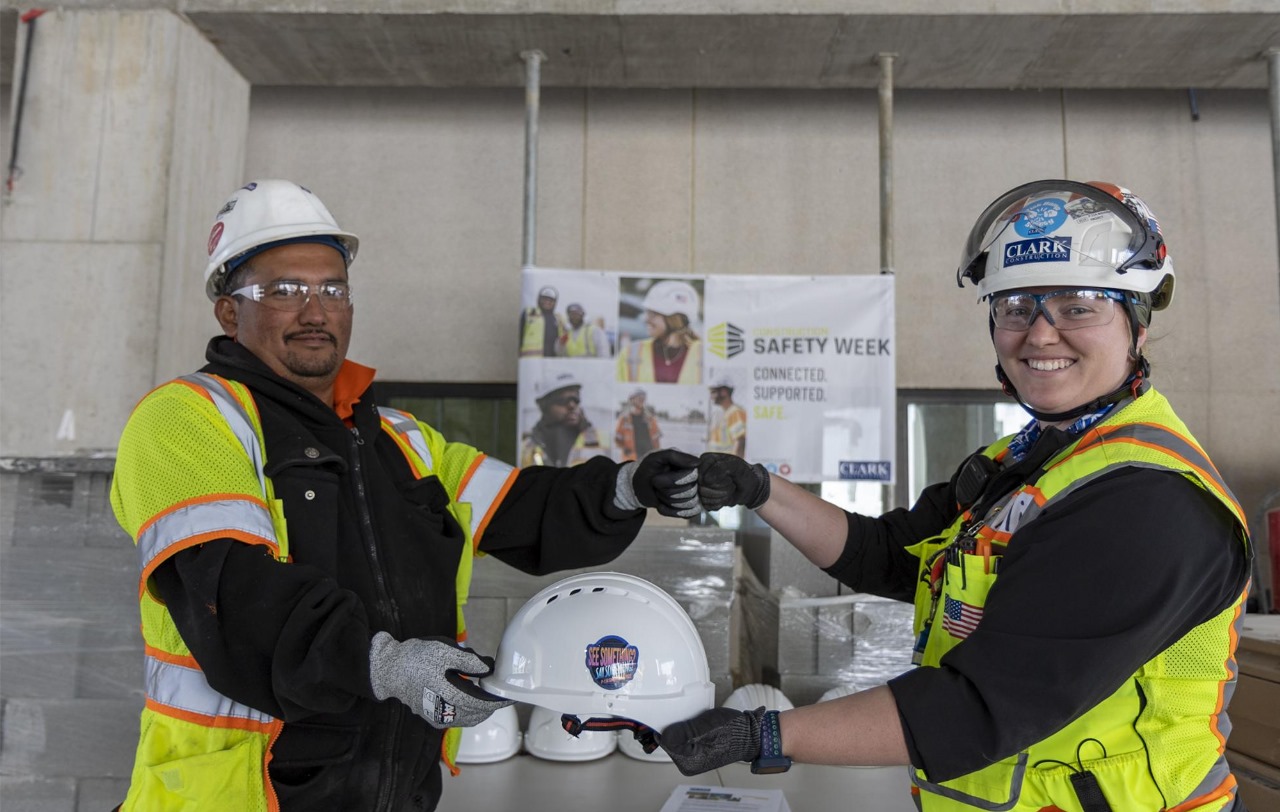Pursuing a career in the construction industry is a smart decision, especially in Texas—a state experiencing robust growth in infrastructure, commercial development, and residential building. Construction trade schools offer an excellent pathway for hands-on learning, skills development, and fast-tracked entry into a rewarding career. However, with numerous options available, selecting the right school can be overwhelming.
If you’re exploring construction trade schools in texas, it’s essential to make an informed choice that aligns with your career goals, financial situation, and learning style. This guide provides comprehensive insights to help you navigate the selection process with confidence.
Why Choose a Construction Trade School in Texas?
Texas is a booming construction market with diverse opportunities ranging from commercial construction and residential building to specialty trades like electrical, plumbing, HVAC, and welding. Attending a construction trade school allows you to:
- Gain practical skills with industry-standard equipment
- Learn from experienced professionals and instructors
- Earn certifications and licenses that enhance employability
- Connect with local contractors and potential employers
- Enter the workforce faster than traditional college routes
Given these benefits, choosing the right trade school is a crucial step in launching a successful construction career.
Key Factors to Consider When Choosing Construction Trade Schools in Texas
Accreditation and Licensing
The first and foremost criterion is to ensure the school is properly accredited by recognized educational authorities or industry organizations. Accreditation guarantees that the curriculum meets rigorous educational standards and that your certification will be respected by employers.
Look for schools licensed by the Texas Workforce Commission or accredited by bodies such as the Council on Occupational Education (COE). These credentials protect your investment and ensure the quality of your education.
Curriculum and Program Offerings
Construction is a broad field, and schools vary widely in their program specialties. Some schools focus on general construction management, while others offer specialized programs in carpentry, electrical work, HVAC, plumbing, welding, or heavy equipment operation.
Review the curriculum carefully to make sure the program covers the specific trade or skills you want to pursue. Additionally, check if the course includes a mix of theoretical knowledge and practical, hands-on training.
Experienced Faculty and Industry Connections
A strong faculty with real-world experience can make a significant difference in your learning experience. Instructors who have worked extensively in the field bring practical insights that textbooks cannot provide.
Additionally, schools with strong ties to local contractors, unions, and industry groups, such as Associated Builders and Contractors chapters in Texas, often provide valuable internship and job placement opportunities. These connections can help you transition smoothly into the workforce.
Facilities and Equipment
Modern and well-maintained facilities are essential for effective hands-on training. Verify that the trade school has access to up-to-date tools, machinery, and safety equipment that reflect current industry standards.
If possible, visit the campus to tour workshops, labs, and classrooms. This firsthand look will help you evaluate whether the school environment supports your learning needs.
Class Size and Learning Environment
Smaller class sizes often mean more individualized attention from instructors and better opportunities for hands-on practice. Consider the student-to-teacher ratio and the overall learning atmosphere.
Ask if the school offers flexible class schedules or online components if you need to balance education with work or family commitments.
Cost and Financial Aid
Tuition fees for construction trade schools in Texas can vary significantly. While cost is an important factor, it should not be the sole deciding criterion. Investigate what is included in the tuition (tools, materials, uniforms, etc.) and what additional expenses you might incur.
Many schools offer financial aid, scholarships, or payment plans. Reach out to the admissions office to discuss available options and application procedures to make your education affordable.
Graduation Rates and Job Placement
A high graduation rate indicates student satisfaction and effective instruction. More importantly, inquire about the school’s job placement rate for graduates in your chosen trade.
Schools with strong placement programs often help with resume building, interview preparation, and connecting students with employers in Texas’s construction sector.
Top Construction Trade Programs to Explore in Texas
While this article focuses on how to choose a school, here are some well-regarded institutions offering construction trade programs in Texas to consider:
- Texas State Technical College — Known for comprehensive construction and industrial technology programs.
- Lone Star College — Offers specialized certificates and associate degrees in various construction trades.
- Austin Community College — Provides training in construction management and building trades.
- Houston Community College — Focuses on hands-on skills with connections to Houston’s robust construction market.
- Construction Education Foundation of Texas (CEFT) — Partners with ABC to deliver apprenticeship and certification programs.
Researching these programs and comparing them based on the factors above will help you identify the best fit.
Benefits of Joining Associated Builders and Contractors (ABC) in Texas
Choosing a trade school with affiliations or pathways to organizations like Associated Builders and Contractors (ABC) offers distinct advantages:
- Access to ABC’s extensive network of construction employers
- Opportunities for apprenticeships and mentorship programs
- Access to continuing education and safety certification courses
- Industry-recognized credentials enhancing your professional credibility
Being involved with ABC during or after your training can accelerate your career development and open doors to rewarding jobs in Texas’s construction market.
Conclusion: Make the Right Choice for Your Construction Career
Selecting the best construction trade schools in Texas is a decision that will shape your future. Take the time to evaluate accreditation, curriculum, faculty expertise, facilities, costs, and job placement records carefully. Visit campuses, ask questions, and seek feedback from current students or alumni.
Investing in a reputable trade school that aligns with your career goals can fast-track your entry into the thriving construction industry in Texas. Coupled with membership or connections to organizations like Associated Builders and Contractors, your education can translate into a fulfilling and sustainable career.
Start your journey today by researching your options and taking steps toward building the skills and knowledge that will make you a valued professional in Texas’s construction trades.





